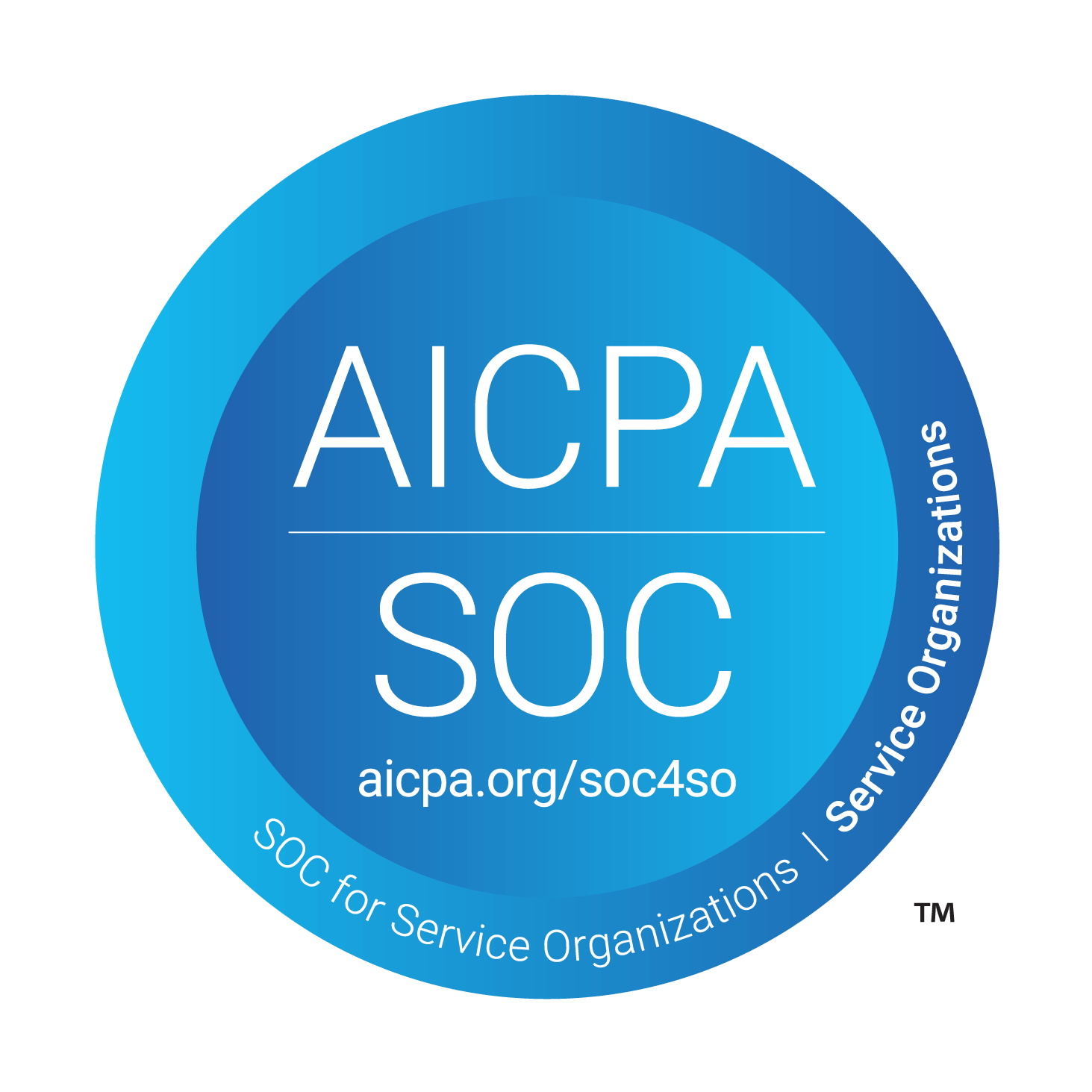.png)
Introduction and Overview of Rev Proc 2024-28
As the IRS continues to refine its guidelines on digital assets, an important update called Revenue Procedure (Rev Proc) 2024-28 is significantly changing how taxpayers must allocate the cost basis for their digital assets. Understanding Rev Proc 2024-28 is crucial for businesses and finance professionals to remain compliant with the latest tax code and avoid future headaches with the IRS.
At the latest Bitwave Product Release event, Bitwave CEO Pat White and Customer Success Director Joe Dillon discussed some of the most impactful elements of the IRS guidance and walked through concrete examples of how to prepare for the upcoming deadline.
Alongside a deep dive into the Rev Proc guidance, their discussion focused on changes to 1099 reporting, compliance impacts to brokers, and other topics related to the new IRS guidance.
Here’s how we think about the Rev Proc guidance today. You can categorize it into three main areas:
- New Account-Level Basis Tracking Requirements: Every single account (like a wallet or exchange) must be tracked separately, and each asset must be relieved from the same account.
- Safe Harbor Provision for Unused Basis Allocation: Unused cost basis must be allocated by the end of 2024 for all accounts that will be tracked into 2025.
- Unique Contemporaneous Spec ID Requirements: Specific rules about what needs to be done if using specific ID as the picking strategy for relief methodology.

For companies transacting with digital assets, these three areas will be critical to maintaining compliance. Let’s dive into each one.
New Account-Level Basis Tracking Rules
With the new IRS regulations, the long-standing “universal wallet accounting” method is coming to an end.
Instead of managing digital assets collectively across multiple wallets and exchanges, companies will need to track the cost basis for each individual account. This is different from the widely used universal approach, where all assets are pooled together and ranked in a FIFO order by acquisition date.
This shift to account-level tracking means that each account is a separate entity, and assets can only be relieved from the same account, not from other accounts.

IMPORTANT: The definition of an account is not explicitly stated, but it can be thought of as a wallet or a separate entity.
Under Rev Proc 2024-28, the IRS defined an “account” as either an exchange account or a private key, which doesn’t completely capture how many businesses transact with digital assets. This will undoubtedly lead to compliance challenges that are not immediately clear for finance professionals.
What challenges could businesses face when trying to operate under these guidelines? A good example is a business that uses a ledger with multiple wallets.
In this scenario, a ledger could be considered one single inventory because it technically has one single private key – but since it has multiple wallets, the IRS may not agree with this interpretation.
On the other hand, each address on a blockchain could be considered a separate wallet – and with Bitcoin XPUBS, one private key can derive thousands of addresses, each with its own private key.
So, how should businesses work under this model?
The key is to bring a structured, strategic, and consistent mindset – and work with an advisor to make decisions about what constitutes a wallet and how to reallocate funds to minimize tax liability.
By taking an organized approach, it’s possible to optimize your tax liability while remaining compliant with the IRS.
Safe Harbor Provision and Allocation of Unused Basis
Within the US tax code, the term “safe harbor” is generally used to describe a set of legal protections that can help you avoid penalties. The latest Rev Proc guidance has an incredibly important safe harbor provision – but the countdown is on to take advantage of it.
The Safe Harbor Provision within Rev Proc 2024-28 allows for a one-time opportunity to strategically approach the assignment and disposal of lots. It can significantly impact tax implications and realized gains.
Taxpayers can choose to segregate certain assets – such as zero-cost basis tokens – in specific wallets while considering factors such as cost basis, acquisition date, and asset type.
But the race is on. The deadline to make this strategic change is January 1, 2025.
And, there’s a catch: The Rev Proc rules and regulations may conflict with the reality of crypto transactions, particularly for customers with frequent transactions. In these cases, it may be difficult to determine the final lot balance until the end of the day.
Another important detail: The Safe Harbor for reallocation applies only to capital assets. In general, capital assets are those which are typically held for longer periods (for investment purposes). These are materially different from ordinary assets, which are used in the course of normal business.
Depending on an entity's use case for digital assets, their assets may be considered capital, ordinary, or a blend of both. It is essential to work with tax professionals to determine the correct classification and strategy.
Contemporaneous Spec ID Requirement
The final significant element we’d like to highlight from the Rev Proc is the contemporaneous specific identification (Spec ID) requirement.
This means that users must identify the lot being disposed of prior to the settlement of the transaction. This scenario can be challenging in the crypto world where settlement is often instantaneous. It will necessitate proactive collaboration between accounting and finance teams and those executing transactions.
The good news? Bitwave’s Spec ID configuration is already ready to handle this requirement – but users must pre-identify the lot they want to dispose of.
In 2025, it will be harder to pick Spec ID one by one because it can no longer be done after the fact. The identification must be done upfront.
Next Steps: Simplified Compliance
Bitwave is here to help you navigate these new regulations. Our platform is designed to make compliance simple and efficient, allowing you to focus on what matters most—growing your business.
With Bitwave, you can confidently manage your digital assets, knowing that our advanced software empowers you to seamlessly adapt to new regulations.
- Comprehensive Asset Classification: Easily classify assets at the lot level for precise tracking.
- Customizable Picking Methodologies: Select a picking methodology by asset classification, wallet, account, or inventory to match your unique needs.
- Effortless Reallocation: Seamlessly reallocate existing lots for 12/31/24 cost basis, ensuring you are prepared for the new rules.
- Specific Identification: Quickly and accurately identify specific lots for disposals, minimizing your tax burden.
- Blended Picking Methodologies: Flexibly apply a blended picking methodology for different asset classes or wallets.
- 1099-DA Reporting: Simplified 1099-DA reporting for broker-hosted, exchange, and custodial wallets, ensuring you stay compliant with IRS requirements.
Check out our full CPE course below on Bitwave University for a focused, practical walkthrough of the IRS's Revenue Procedure 2024-28. We're offering this free course designed to help you understand what's required by the guidance – and how Bitwave can help you at every step.
What's Included (CPE Course):

Watch Now (FREE): https://university.bitwave.io/courses/revproc-2024-28-compliance
After this course, learners should be able to:
- Explain the impact of IRS Rev Proc 2024-28 on digital asset accounting, including wallet-level basis tracking and Spec ID requirements.
- Identify the steps required to transition from universal inventory to wallet-level inventory, including the reallocation of unused cost basis lots.
- Evaluate how Bitwave's new features support compliance with IRS rules and enhance digital asset management workflows.
- Discuss strategies for optimizing realized gains and losses through specific lot identification and strategic allocation.
- Navigate the deadlines and procedural requirements for complying with updated IRS regulations on digital assets.
Don’t wait until the new regulations take effect. Contact Bitwave to learn how our platform can help you stay compliant and optimize your tax strategy.


Disclaimer: The information provided in this blog post is for general informational purposes only and should not be construed as tax, accounting, or financial advice. The content is not intended to address the specific needs of any individual or organization, and readers are encouraged to consult with a qualified tax, accounting, or financial professional before making any decisions based on the information provided. The author and the publisher of this blog post disclaim any liability, loss, or risk incurred as a consequence, directly or indirectly, of the use or application of any of the contents herein.







